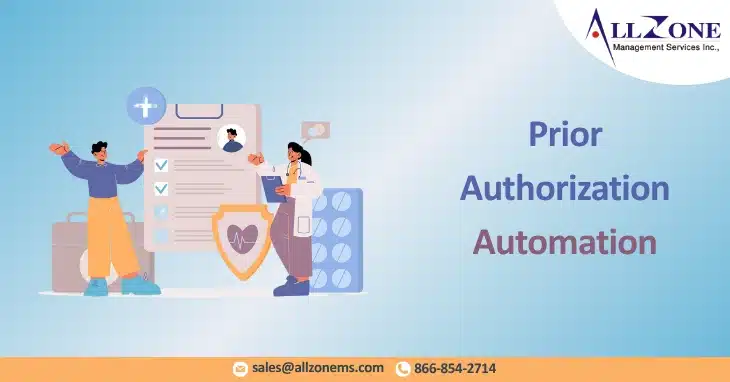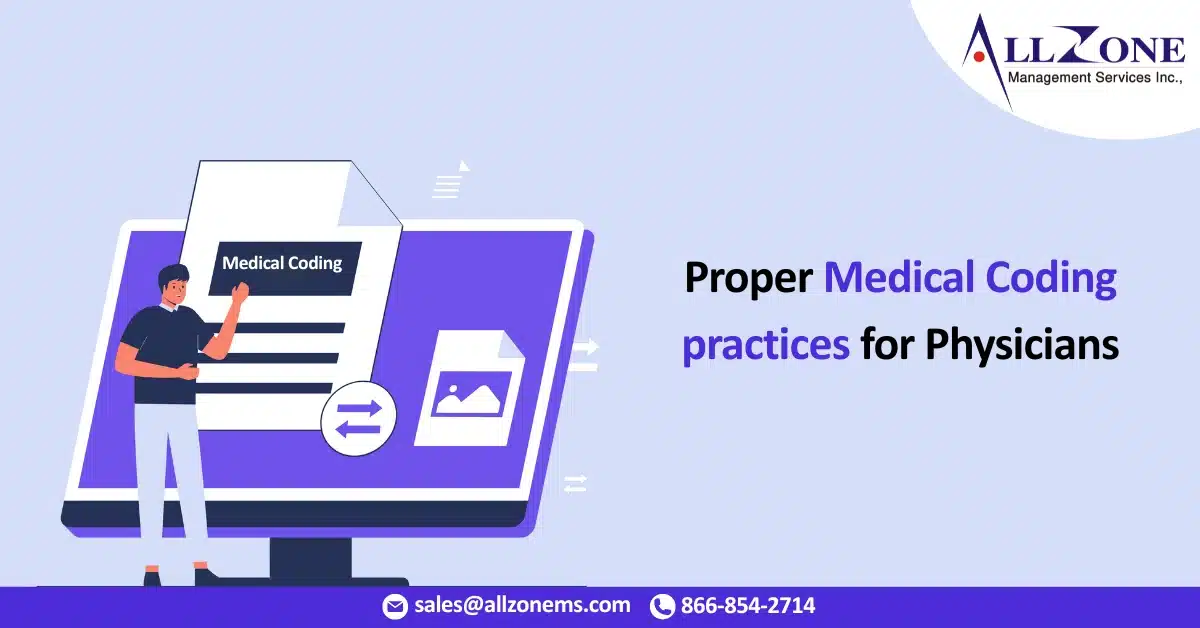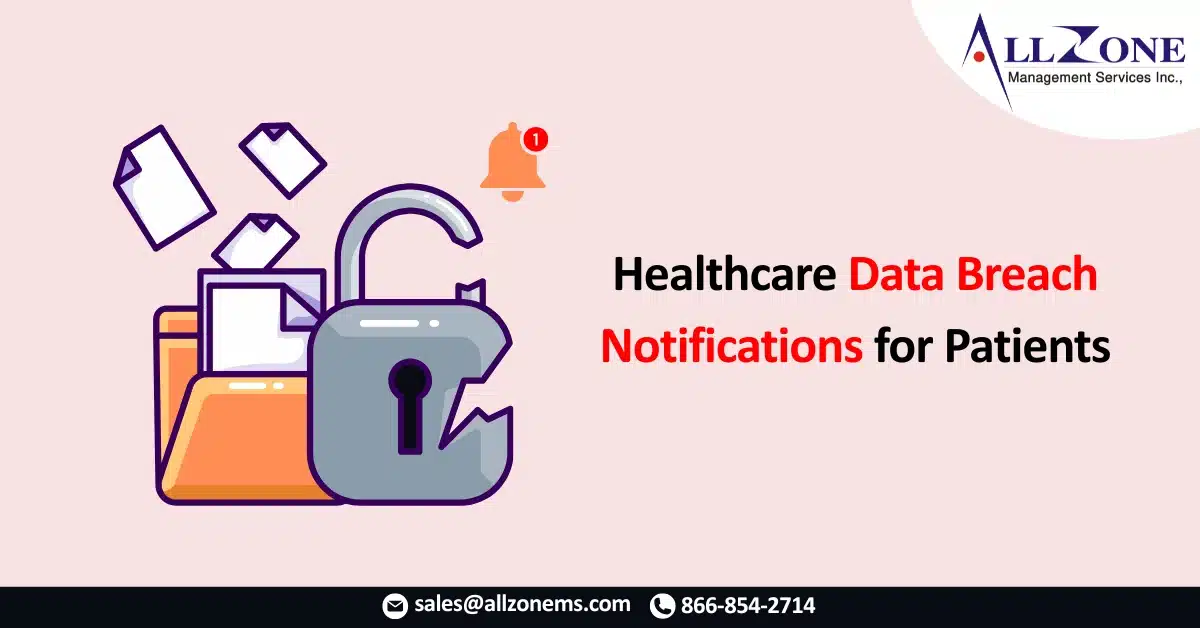The U.S. healthcare industry continues its digital transformation, with providers and payers embracing electronic transactions to streamline revenue cycle management (RCM) processes. According to the CAQH Index, adoption of electronic claims management transactions—such as eligibility verification, claim submissions, and claim status inquiries—has reached or surpassed 80% for many transaction types. However, significant gaps remain in […]
When it comes to the Merit-based Incentive Payment System (MIPS), 2025 data reveals a striking disparity: small and rural medical practices were disproportionately penalized, facing significantly higher penalties than their larger, urban counterparts. While the vast majority of MIPS-eligible clinicians (86%) successfully avoided penalties this year, based on their 2023 data, those who did incur […]
In today’s healthcare ecosystem, prior authorization (PA) remains one of the most burdensome administrative processes, creating delays, denials, and dissatisfaction among providers and patients alike. Originally designed to ensure appropriate care and control costs, the process has become a major pain point due to its manual, repetitive, and inconsistent nature. But with the rise of […]
In the fast-paced and ever-evolving world of healthcare, medical billing services play a critical role in ensuring a provider’s financial health. Yet, despite its importance, medical billing is still surrounded by several misconceptions that lead to inefficiencies, revenue loss, and administrative burnout. Whether you’re a physician, clinic manager, or revenue cycle professional, falling for these […]
In the high-stakes world of healthcare, one malpractice claim can alter the trajectory of a medical professional’s career. But what happens when a physician already has a history of prior paid malpractice claims? According to extensive research, such history is a strong predictor of future claims, raising red flags for insurers, healthcare employers, and medical […]
For physicians, understanding and implementing proper medical coding practices isn’t just about administrative efficiency; it’s the lifeblood of your practice, directly impacting reimbursement, compliance, and ultimately, your financial health. Ignoring or mismanaging medical coding can lead to a cascade of problems: denied claims, delayed payments, audits, and even legal repercussions. On the other hand, mastering […]
Diagnostic radiology is the bedrock of modern medicine, providing crucial insights that guide diagnoses and treatment plans. But behind every X-ray, MRI, and CT scan lies a complex world of medical coding – a world that can be as intricate as the human anatomy itself. Accurate diagnostic radiology coding isn’t just about administrative neatness; it […]
In today’s digital age, patient health information (PHI) is increasingly stored and managed electronically. While this shift improves efficiency and accessibility in healthcare, it also introduces significant data privacy and security challenges. One critical area of concern is healthcare data breach—incidents where patient data is accessed, disclosed, or stolen without authorization. Under the Health Insurance […]
In the complex world of insurance and healthcare claims, the concept of “zero-paid claims” can feel like a phantom menace. You’ve submitted a claim, received an Explanation of Benefits (EOB) or remittance advice, and to your dismay, the payment is… zero. While a zero payment might seem innocuous, it can, in certain scenarios, be interpreted […]
In the healthcare revenue cycle, denials are inevitable — but how you manage them makes all the difference. A common discussion in this space centers around Denial Prevention vs. Denial Facilitation, two strategies that, while they may sound similar, have distinct purposes and outcomes. Understanding and effectively applying both can drastically improve your practice’s cash […]










